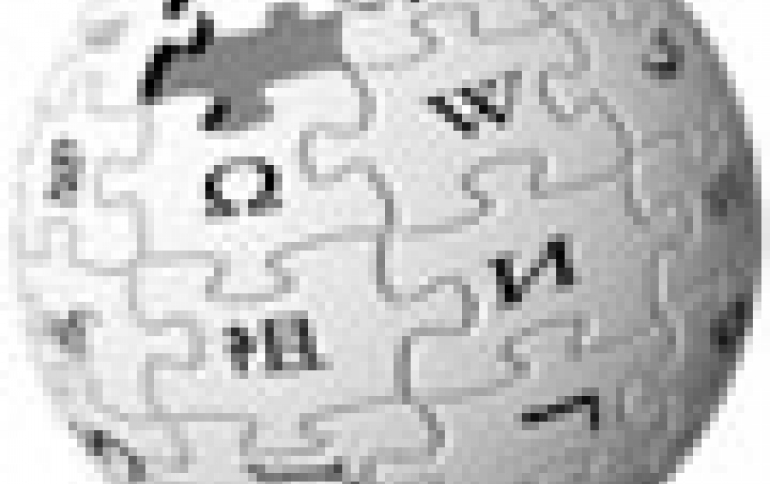
Google Unveils it Own Version of Wikipedia
Google is building its own version of communally-constructed online encyclopedia Wikipedia, hoping to increase its ad income.
The Internet search powerhouse is inviting chosen people to test a free service dubbed "knol," to indicate a unit of knowledge, vice president of engineering Udi Manber said Friday in a posting at Google's website.
"Our goal is to encourage people who know a particular subject to write an authoritative article about it," Manber wrote.
"There are millions of people who possess useful knowledge that they would love to share, and there are billions of people who can benefit from it."
While Wikipedia lets visitors make changes to its online pages, trusting that people with accurate information will correct errors and misleading entries, Google is inviting folks to author their own articles.
Pictures of authors will be displayed on their knol web pages, according to a sample page provided by Google.
"We believe that knowing who wrote what will significantly help users make better use of web content," Manber wrote.
"Books have authors' names right on the cover, news articles have bylines, scientific articles always have authors; but somehow the Web evolved without a strong standard to keep authors names highlighted."
Google hopes knols will be written on all conceivable topics and says it has no plans to edit or endorse content. Editorial responsibility will rest with authors, whose reputations will be at stake, according to Manber.
While Wikipedia merges topic entries in single articles, knols written on the same subjects will remain separate and "compete" for the attention of visitors, who will be able to give online feedback.
Google said that it would rank the knols when they appear in Google search results.
Knol authors will have the option of letting Google post ads on their pages and sharing in the revenues.
Luring Wikipedia users to its own community-created online encyclopedia promises to be another rich vein of ad income for the US Internet search giant.
"Our goal is to encourage people who know a particular subject to write an authoritative article about it," Manber wrote.
"There are millions of people who possess useful knowledge that they would love to share, and there are billions of people who can benefit from it."
While Wikipedia lets visitors make changes to its online pages, trusting that people with accurate information will correct errors and misleading entries, Google is inviting folks to author their own articles.
Pictures of authors will be displayed on their knol web pages, according to a sample page provided by Google.
"We believe that knowing who wrote what will significantly help users make better use of web content," Manber wrote.
"Books have authors' names right on the cover, news articles have bylines, scientific articles always have authors; but somehow the Web evolved without a strong standard to keep authors names highlighted."
Google hopes knols will be written on all conceivable topics and says it has no plans to edit or endorse content. Editorial responsibility will rest with authors, whose reputations will be at stake, according to Manber.
While Wikipedia merges topic entries in single articles, knols written on the same subjects will remain separate and "compete" for the attention of visitors, who will be able to give online feedback.
Google said that it would rank the knols when they appear in Google search results.
Knol authors will have the option of letting Google post ads on their pages and sharing in the revenues.
Luring Wikipedia users to its own community-created online encyclopedia promises to be another rich vein of ad income for the US Internet search giant.




















